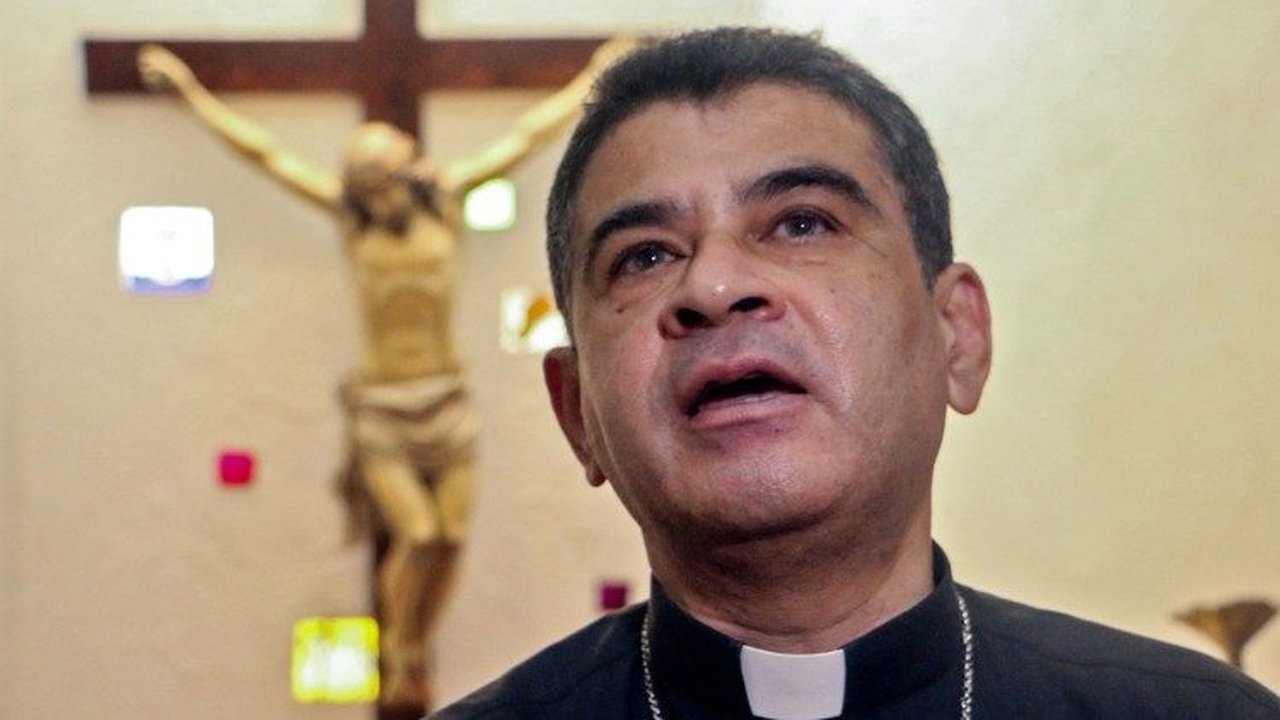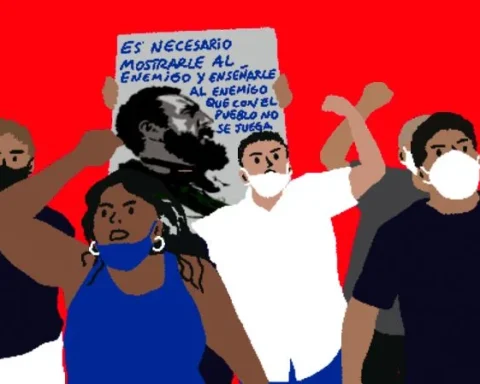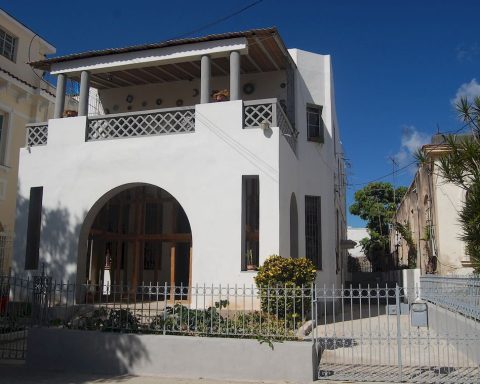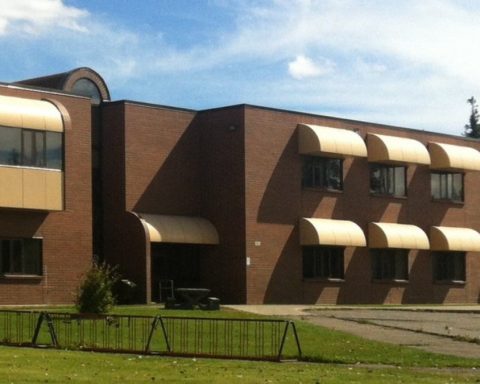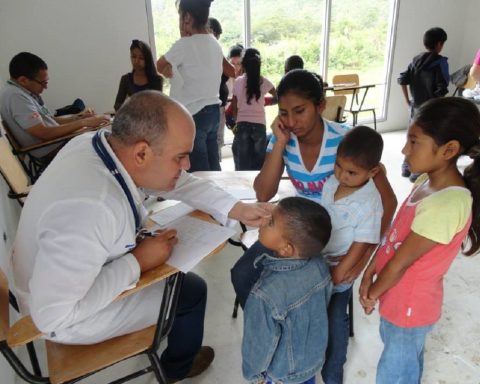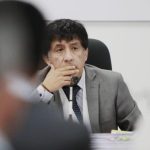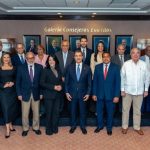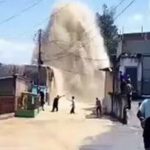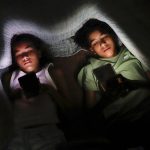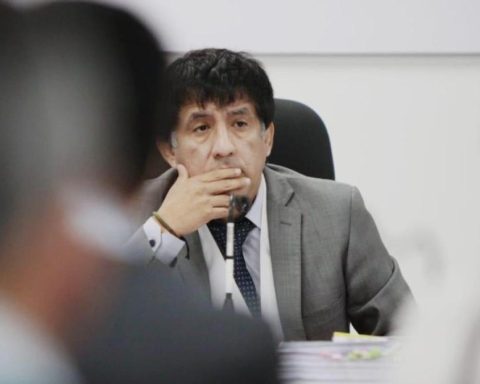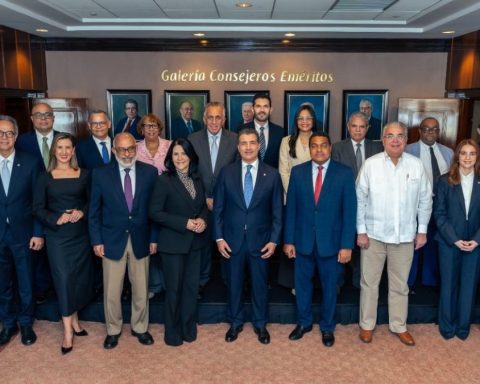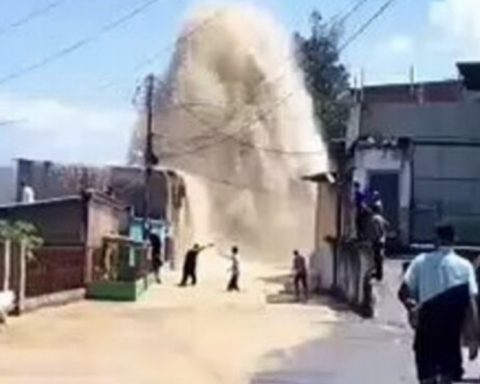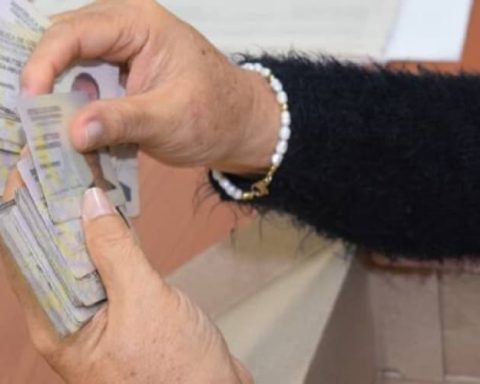Nicaraguan police raided the residence of a Catholic bishop critical of the administration of President Daniel Ortega on Friday, arresting him along with several priests in a dramatic escalation of tensions between the church and a government highly intolerant of dissent.
The raid at the end of the morning occurred after the Nicaraguan authorities accused the bishop of Matagalpa, Rolando Álvarez, of “organizing violent groups” and inciting them “to carry out acts of hatred against the population,” but without providing evidence.
The government of Daniel Ortega has systematically moved against voices of dissent, arresting dozens of opposition leaders in the past year, including seven presidential candidates. They were sentenced to prison this year in quick trials closed to the public, before the elections.
The congress, dominated by Ortega’s Sandinista National Liberation Front, ordered the closure of more than a thousand non-governmental organizations, including the charity created by the late Mother Teresa of Calcutta.
Early Friday morning, the Diocese of Matagalpa posted on social media: “At this time the National Police has entered the episcopal rectory of our Diocese of Matagalpa.”
The National Police confirmed the arrests in a subsequent statement, but justified the operation by saying that it was carried out so that “the citizens and families of Matagalpa recover normality.”
“For several days, a positive communication from the Diocese of Matagalpa was awaited with great patience, prudence and a sense of responsibility, which never materialized,” the statement said. “With the continuation of the destabilizing and provocative activities, the aforementioned public order operation became necessary.”
But no, the statement did not mention specific charges.
Álvarez was in custody in a house in Managua, where he was allowed to meet with relatives and with Cardinal Leopoldo Brenes, the police specified in the statement.
The Inter-American Commission on Human Rights condemned the arrests and called for the immediate release of the detainees.
Edwin Román, a Nicaraguan priest exiled in the United States, said via Twitter: “MY GOD! What a barbarity, they have taken Monsignor Rolando Álvarez with the priests who were with him.”
Álvarez has been a key religious voice in discussions about the future of Nicaragua since 2018, when a wave of protests against the Ortega government led to a broad crackdown on opponents. There were deaths and injuries in the public demonstrations.
“We hope that there will be a series of electoral reforms, structural changes in the electoral authority, free, fair and transparent elections, international observation without conditions,” Álvarez said a month after the protests broke out.
At that time, a priest from the Álvarez diocese was injured in the arm by shrapnel as he tried to separate protesters from the police in Matagalpa.
Álvarez has kept up those constant calls for democracy for the past four years, angering Ortega and his wife, Vice President Rosario Murillo.
Manuel Orozco, an expert on Nicaragua at the Inter-American Dialogue in Washington, told the AP agency that Álvarez represented a threat as well as an obstacle and a symbol for Ortega.
“Nicaraguans are very loyal to the church,” he said. “In a survey we did last year, 70% of Nicaraguans say that, for them, the political opinion of the religious authority at the national or parish level was important in shaping their political views.”
“The narrative [de Álvarez] it is based on the religious script, the biblical script of opposing the oppressor,” Orozco added. “And he doesn’t make references to inciting violence or calling for resistance, but he does say that there is oppression.”
Orozco said the government is betting that its pressure on the church will not elicit a “proportionate response” from the international community. “And so they continue to push the envelope because they don’t see that short of a military invasion, there will be nothing that can stop them.”
